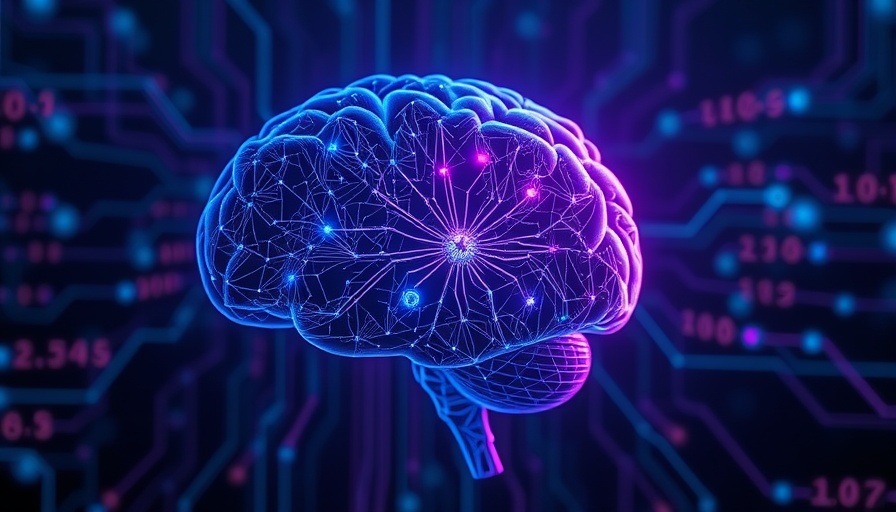
The Evolution of AI Personality Frameworks
In the rapidly transforming landscape of artificial intelligence, the idea of imparting personalities to AI systems has gained remarkable traction. The study titled Giving AI Personalities Leads to More Human-Like Reasoning explores how implementing personality-based prompting based on the Big Five personality traits can significantly enhance the human-like nature of AI reasoning processes. This focus on personality allows AI models to not only mimic optimal decision-making behaviors but also to replicate the intuitive and deliberate reasoning that characterizes real human thought. The implications of this advancement extend far beyond theoretical discussions, positioning AI as a more relatable and effective tool in various sectors.
Understanding Human-Like Reasoning in AI
The study distinguishes between two key types of reasoning: System 1 and System 2 processes. System 1 refers to intuition-based, quick thinking, while System 2 exemplifies slower, more deliberative processing. By utilizing a novel application of Natural Language Inference (NLI) tasks, researchers revealed that AI can embrace this full spectrum of human reasoning. This ability reflects an AI's capacity to better engage and function within complex decision-making environments, further humanizing its interaction with users.
Why Personality Matters in AI
According to the research, integrating personality into AI responses has yielded notably better predictions of human response distributions, showcasing that AI can adjust its reasoning parallels to human behavior based on psychological traits. This development underscores the core message that the next generation of AIs can understand and predict human emotions and behaviors far more accurately. As AI continues to permeate various industries, from healthcare to fintech, its ability to resonate emotionally with users could be the difference between mere functionality and truly transformative experiences.
Genetic Algorithms: Optimizing the Human-AI Coalescence
The study further incorporates the use of genetic algorithms to optimally weight personality traits during the reasoning-generating process. This approach enhances AI's adaptability and responsiveness in real-world scenarios, enabling a more synergistic relationship between humans and AI. As industries increasingly adopt AI solutions, these algorithms stand to further refine how businesses engage with AI, ensuring that interactions are not just efficient but also emotionally intelligent.
Future Implications for Digital Transformation
The findings come at a pivotal moment in the digital transformation journey for fast-growing companies and executives. As technology continues to evolve, companies leveraging AI with human-like reasoning capabilities will likely see improved customer engagement, product design, and service delivery outcomes. To harness these AI advancements effectively, it’s crucial for enterprises to understand the importance of cultivating AI systems capable of emulating human reasoning across varying contexts.
Conclusion: Unlocking New Possibilities
As organizations explore the integration of AI personalities, it is vital to recognize that this innovation is not merely about enhancing technology but about fostering a deeper connection between machines and humans. With the potential to revolutionize digital transformations, studies like Giving AI Personalities Leads to More Human-Like Reasoning serve as a beacon for the future of AI—where technology doesn't just perform tasks but actively engages in a manner that feels organic and intuitive.
 Add Row
Add Row  Add
Add 




Write A Comment